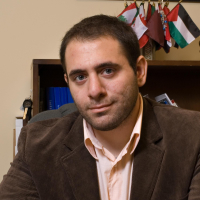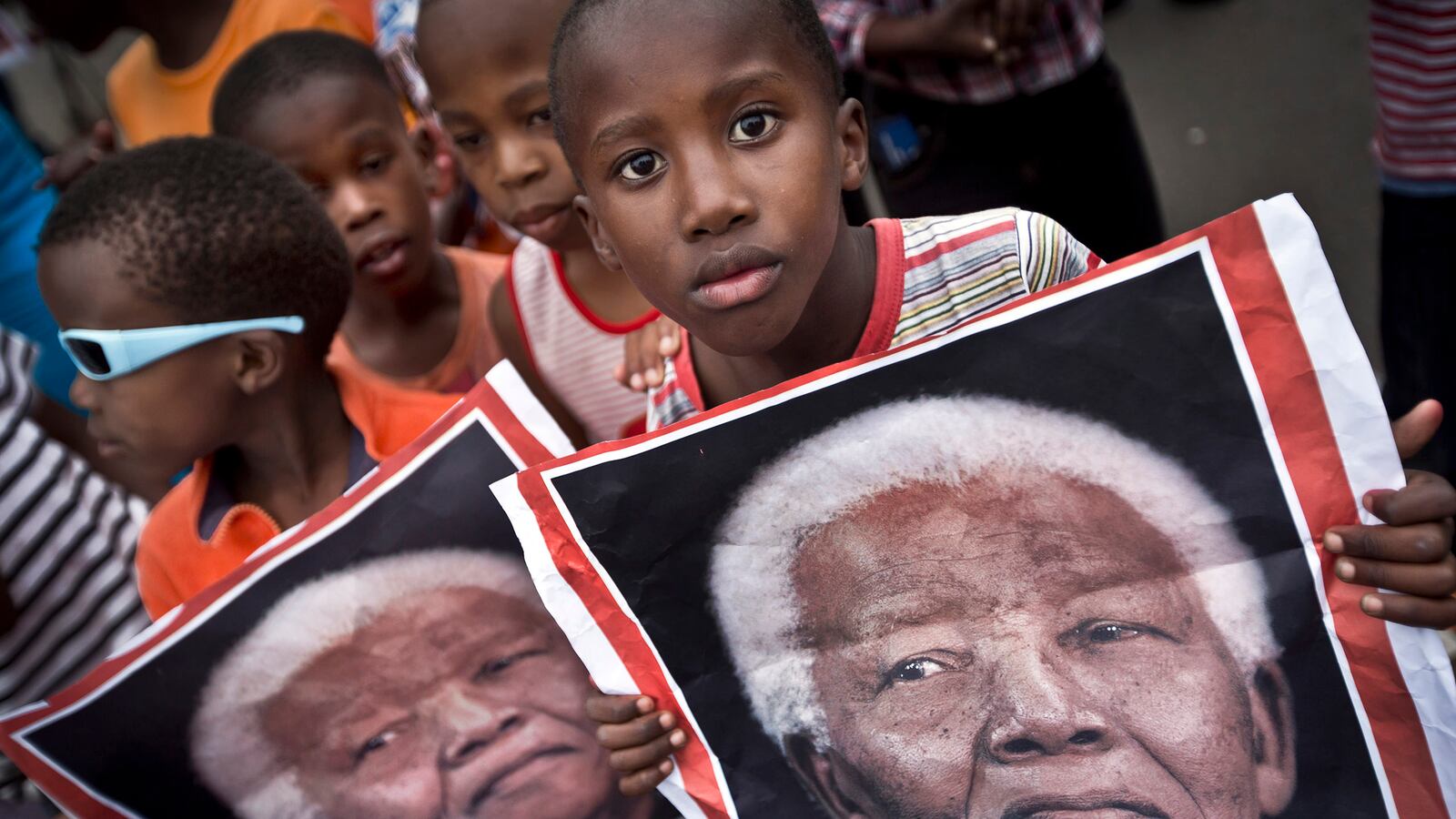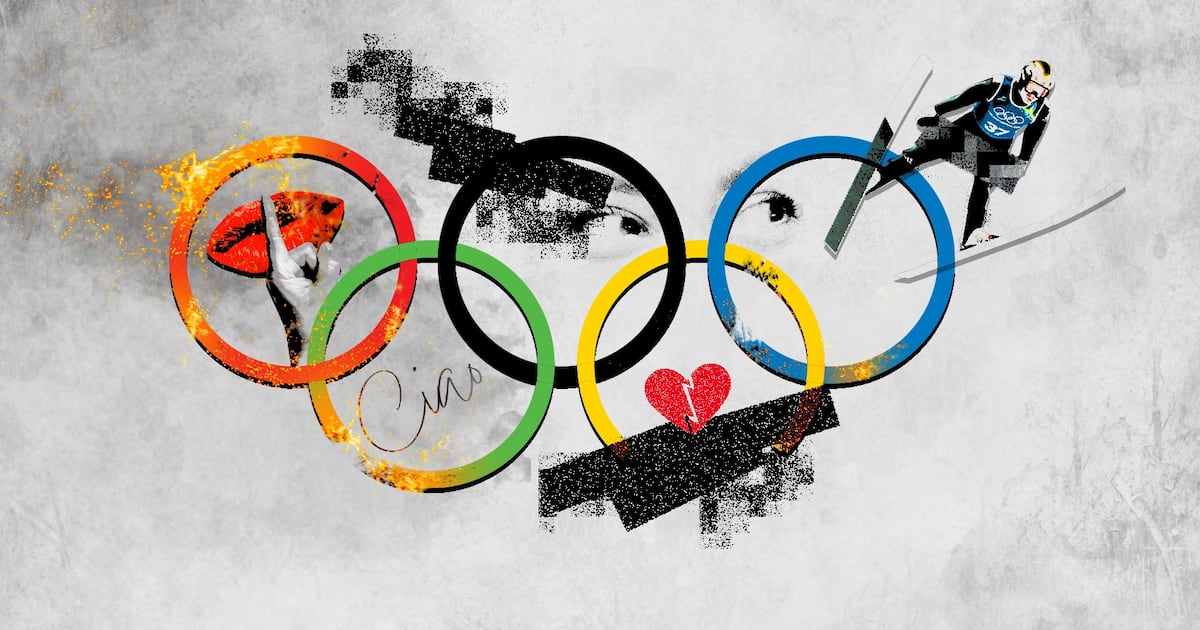As the news broke of Nelson Mandela’s death and reactions were coming in from around the world I did something I always do in these instances, I turned to cable news. No, I am not a masochist, nor did I turn there to learn about Mandela (for real news I turn to the Internet and Twitter), but rather I wanted to see how the narratives around his life, death and legacy would be created or revised.

Next to me sat my 6-month old child, giggling and drooling as he played with a teething toy, completely oblivious to the gravity of the moment. It dawned on me as we sat side-by-side in front of the TV set, that Mandela would be a part our lives in different ways. For me, I will have lived a portion of my adult life along with Mandela, aware of his accomplishments and able to hear him speak in real time. For my son, by the time he is old enough to learn about political affairs, he will learn about Mandela from a history book—most likely an American one.
The narrative about Mandela that he will likely learn from future American history books was being produced before my eyes by pundits on TV. Mandela was being glorified for his role in reconciliation, for his non-violence and shown in pictures with President Bill Clinton, Queen Elizabeth and other Western leaders.
Nelson Mandela was a freedom fighter. Sometimes this fight included violence, precisely because Apartheid was a system of violence directed against the native black population of South Africa. Non-violence for Mandela was not a principle but rather a tactic. But the discrepancies between reality and the narratives presented on television were much greater than that. As a freedom fighter, Mandela was an adversary of those who steadfastly supported the Apartheid government that oppressed him. These included the governments of the United States, the United Kingdom and Israel. Mandela was an icon of freedom and democracy, the very ideals the U.S., UK and Israel claimed to champion while supporting Mandela’s oppressors.
Yet from the coverage you would think that Mandela was an American hero and not someone who was officially branded a terrorist by the U.S. government until 2008. From reactions emanating from Israel, you’d think Mandela was an Israeli hero even though the Israeli government stood by the Apartheid South African government, providing them weapons and tools of repression after many western allies could no longer do so.
And so I can only imagine how this giant of history, this great figure, will be reduced to a paragraph in Western history books and how the 200 words or so written about him will shape the perceptions of children like my son.
But, if anything, there is a bright side to this revisionist history. The western glorification of Mandela today, despite years of supporting the Apartheid regime that imprisoned him and subjugated his people, is not so much an attempt to cleanse Mandela’s history but rather an attempt to cleanse their own history of support for Apartheid. This means that despite everything, Western governments do feel shame for the stance they took, or at least they see the public relations value in acting that way.
The arc of the moral universe is long, as Martin Luther King, Jr. said, but it bends toward justice.
Palestinians are still waiting for that arc to turn a corner, but it inevitably will. I’m not so concerned about exactly when this will happen because it is a certainty, but I do wonder how history will be revised then.
As many foolishly attempt today to erase the horrible choices that indelibly put them on the wrong side of history, they’d be wise to look instead at the morally unjustifiable positions they’ve taken today with regard to persistent support for Israeli apartheid.
Will there be an effort among the backers of Israeli apartheid to erase their shameful historical contributions from the narratives that will follow? Probably.
Perhaps by that time my son will have children of his own who will face similar historically revisionist narratives about the Palestinian quest for freedom.
I hope he then, as I am doing now, reminds others that history is not always as it seems.






